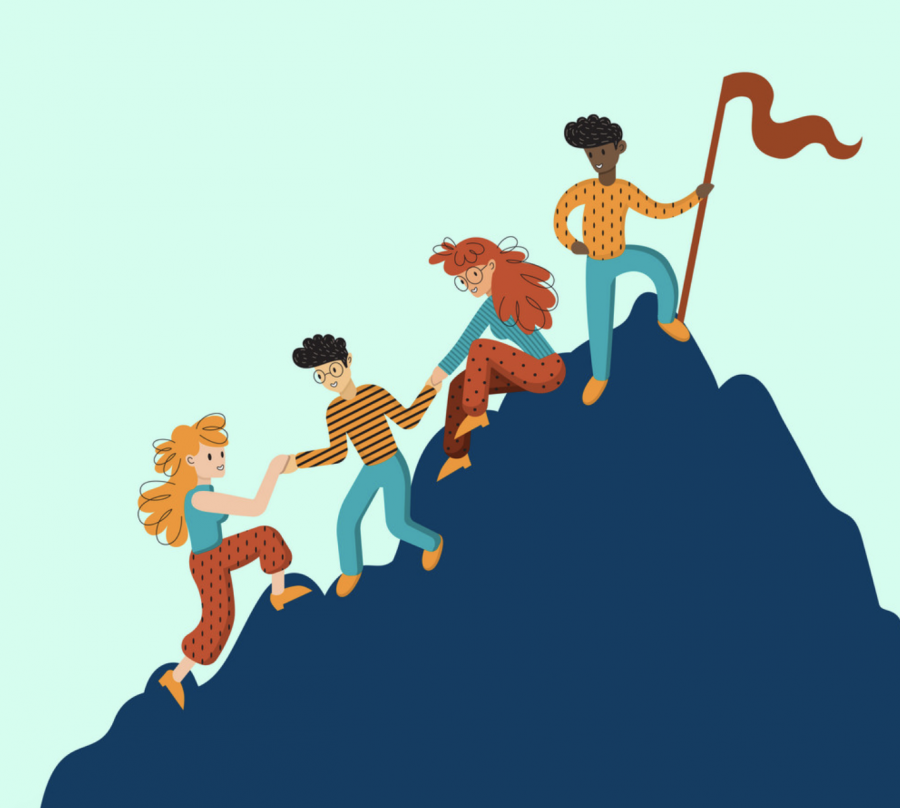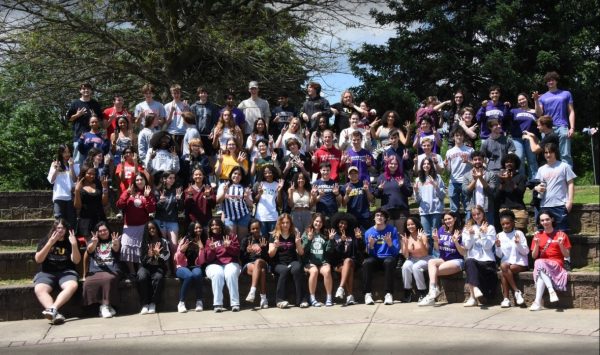People’s Underestimation of the Help that Others Willing to Offer
Have you ever been in an extremely challenging situation when you struggled? A situation where you needed the help of a friend, a teacher, or someone else around you? It could have been a small thing that someone else could have easily helped you with, or it could have been a big, complicated thing that you were hesitant to ask for help with.
In real life, people sometimes choose not to ask for help at all. But why? After several social experiments, research reported by Stanford News states that people usually underestimate how much other people are willing to help them. The main reason why a large number of people have experienced this is that they tend to feel uncomfortable because they are afraid that other people would say “no”.
In my opinion, the reasons can be summarized in the following six points. First: As mentioned above, lots of people fear feeling humiliated or embarrassed when other people refuse to help. Second: Some people had an awkward experience of asking for help before and more or less left a shadow assuming other people will not offer to help at all in the future. Third: Some people have the personality that they do not feel good talking to other people or ask for help, instead, they might do everything on their own even though the things to do could be less complicated, hard, and take a shorter time if they just ask. Fourth: Some people usually ask the same people to help every time and consider that the same person might not help them again in the future. Fifth: A lot of people might feel how asking for help would be inconvenient to the other people, this can make them feel sorry. Sixth: Some people might be afraid that the other people could not help them as intended to, or afraid that they could mess up the whole thing.
I interviewed 20 students from Sandy Spring Friends School about this. All of them agreed with the six points that I came up with to be the reason why people did not want to ask for help. An additional piece of information I got was that 95% of them reported that they ask for help depending on different people, and 75% of them reported that they do not really underestimate the help that the people they know best can offer. Allen Wang, a junior Chinese student said, “Doesn’t happen if the person you ask is your acquaintance. For example, buddies and friends who are in our grade. However, I might hesitate to ask for help when I’m with “friends” that are not really familiar with. In that case, I would choose to solve the problem all by myself. Underestimation of other’s help and the act of asking for help depends on the depth of the relationship to other people.” Another anonymous junior divided the people to seek help into three groups. He said “The first group is my close friends, the people in my social circle. I will definitely ask them for help if necessary. The second group is friends with whom we hang out together but without a close relationship. I will think about whether the interests of both sides are equal in benefits. If they are equal, I will ask for help; if they are not equal, then no. The third group are people who I’m not familiar with, there’s a really small chance for me to ask them for help because they might reject and I feel awkward asking them.”
However, the research turns out to show that people who help others are able and willing to help those who ask for help more often than the latter think. In most cases, people who help others choose to say “yes”. There is a Chinese traditional proverb I grew up with, “When you give a rose, the beautiful smell will stay with you.” It means you can gain happiness after helping others. There are psychology studies about the benefits of helping others. After helping others, people could gain positive feelings, self-accomplishment, and higher self-esteem. It can also create a more familiar relationship in which there is a high chance for other people to help you back next time. “One act of kindness can often lead to more!”
It is very common for classmates, colleagues, and everyone to help each other. Direct requests and bold requests are extremely effective. Most people will respond to your request. We always need skills to get help from others, which is itself knowledge! The worst that can happen is to be rejected. So why not? If we gain other people’s trust, our request will not be rejected easily.

Hi, my name is Shuniu Li, you can call me Skyler. I'm currently a senior and this is my third year in Wildezine and my fifth year at Sandy Spring Friends...






